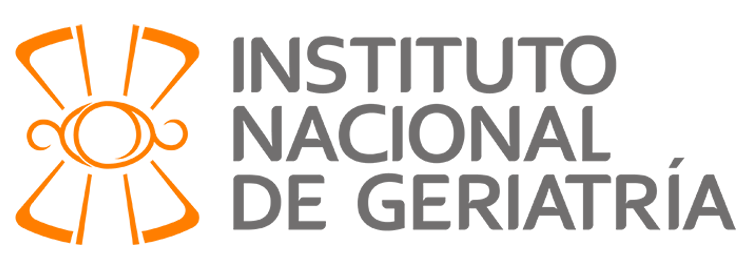


Please use this identifier to cite or link to this item:
http://repositorio.inger.gob.mx/jspui/handle/20.500.12100/17124| Title: | Anthropometric characteristics and body composition in mexican older adults age and sex differences |
| metadata.dc.creator: | MARIANA LOPEZ ORTEGA PEDRO ARROYO ACEVEDO |
| Keywords: | MEDICINA Y CIENCIAS DE LA SALUD;Ciencias médicas;Ciencias clínicas;Geriatría;Técnicas y procedimientos de diagnóstico;Exámen físico;Antropometría;Fenómenos fisiológicos;Constitución corporal;Composición corporal;México;Diagnostic, techniques and procedures;Physical examination;Anthropometry;Physiological phenomena;Body constitution;Body composition;Geriatrics |
| metadata.dc.date: | 2016 |
| Publisher: | Cambridge University Press |
| Description: | Abstract: Anthropometric reference data for older adults, particularly for the oldest old, are still limited, especially in developing countries. The aim of the present study was to describe sex- and age-specific distributions of anthropometric measurements and body composition in Mexican older adults. The methods included in the present study were assessment of height, weight, BMI, calf circumference (CC), waist circumference (WC) and hip circumference (HC) as well as knee height in a sample of 8883 Mexican adults aged 60 years and above and the estimation of sex- and age-specific differences in these measures. Results of the study (n 7865, 54 % women) showed that men are taller, have higher BMI, and larger WC than women, whereas women presented higher prevalence of obesity and adiposity. Overall prevalence of underweight was 2·3 % in men and 4·0 % in women, with increasing prevalence with advancing age. Significant differences were found by age group for weight, height, WC, HC, CC, BMI and knee height (P<0·001), but no significant differences in waist–hip circumference were observed. Significant differences between men and women were found in height, weight, circumferences, BMI and knee height (P<0·001). These results, which are consistent with studies of older adults in other countries, can be used for comparison with other Mexican samples including populations living in the USA and other countries with similar developmental and socio-economic conditions. This information can also be used as reference in clinical settings as a tool for detection of individuals at risk of either underweight or overweight and obesity. |
| URI: | http://repositorio.inger.gob.mx/jspui/handle/20.500.12100/17124 |
| Appears in Collections: | 1. Artículos |
Files in This Item:
| File | Description | Size | Format | |
|---|---|---|---|---|
| anthropometric_characteristics_and_body_composition_in_mexican_older_adults_age_and_sex_differences.pdf | 348.56 kB | Adobe PDF | View/Open |